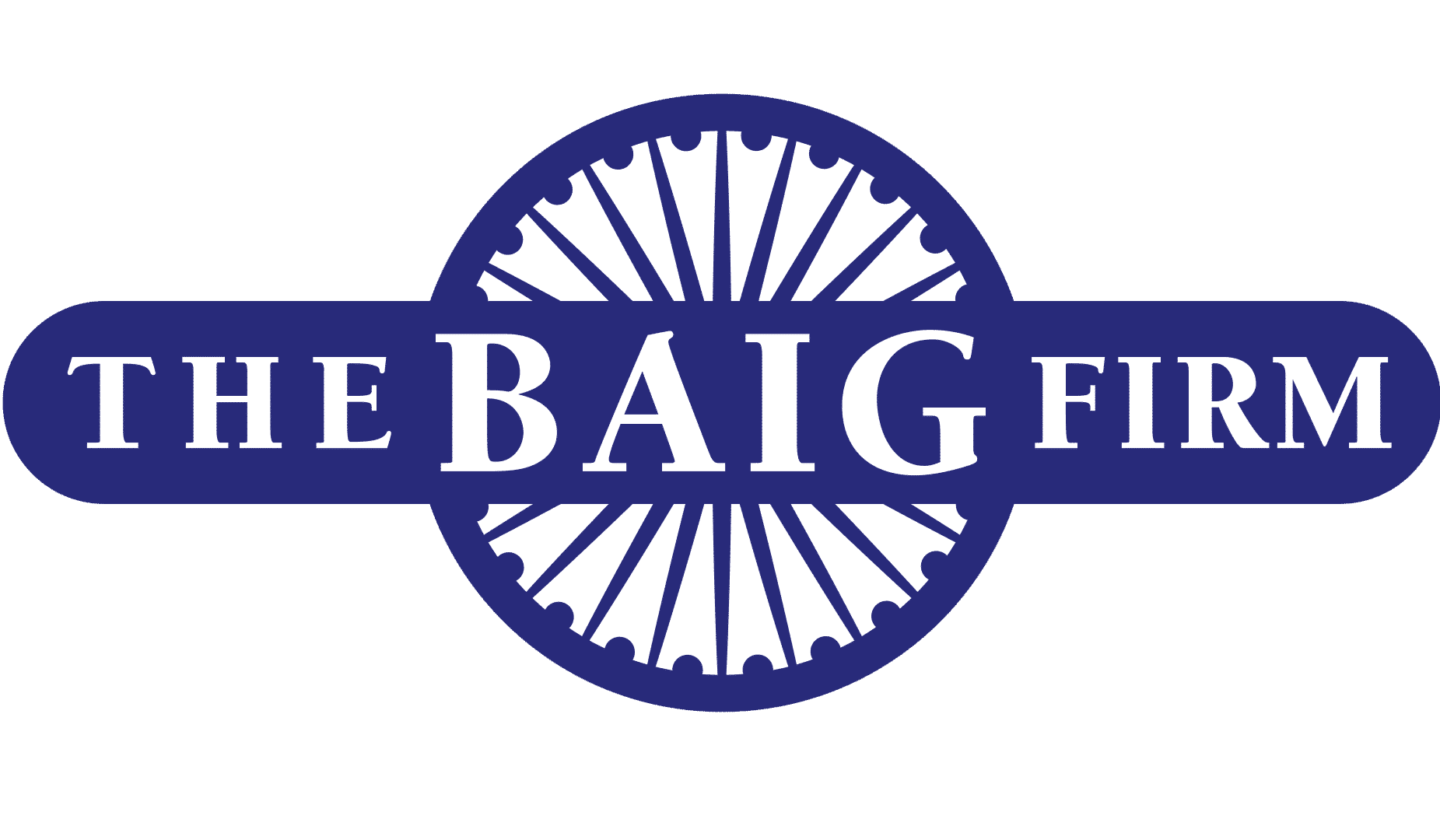Factors to Consider When Determining Whether to Use an LLC or a Corporation for Your Business Structure
Choosing the proper business structure is one of the most important decisions you’ll make when setting up your company. You need an option that minimizes your personal liability and aligns with your business’s current needs and future goals. Both limited liability companies (LLC) and corporation options, such as C-corps and S-corps, are popular options. It’s important to understand the pros and cons and how these two structures differ to choose the right one for your business.
The Difference Between Limited Liability Companies and Corporations
A limited liability company is a business structure that offers personal liability protection. It also has some tax advantages and is relatively simple to set up. There aren’t many restrictions on who can be an LLC member, making it a flexible option for many small businesses that would otherwise operate as sole proprietorships.
A corporation is a more complex business structure, and you can choose between a C-corp and an S-corp. The corporation structure is generally used by larger businesses and may have multiple shareholders. C-corps are more common and have fewer restrictions on who can own them. S-corps offer some tax advantages, but they have more rules and regulations regarding ownership.
The factors below can help you make a decision, but it’s always important to discuss your options with an attorney. At The Baig Firm, our business law attorneys are here to explain the different business structures and help you set up your company when you’re ready to move forward.
Personal Protection From Liability
The owner’s personal and business assets are generally considered the same when a business is set up as a sole proprietorship. If the business faces a lawsuit and is ordered to pay damages, the owner’s personal assets, including their retirement accounts and personal home, could be at risk. One of the main reasons business owners choose to form an LLC or corporation is to protect their personal assets. Both options do a good job of this — as long as you keep the business and personal finances separate. LLCs carry a bit more risk in this area, but this can be mitigated by keeping detailed financial records.
Complexity of Formal Requirements
Limited liability companies are more straightforward to set up and have fewer formal requirements, especially those that must be maintained on an ongoing basis, than corporations. However, the extensive requirements for corporations mean that there is a much larger separation between the business and personal finances and, therefore, a more substantial paper trail and better protection against personal liability.
In Georgia, most of the requirements for limited liability companies are in the creation phase. They must have an active name reservation, articles of organization, and a Certificate of Organization from the Secretary of State. Corporations, on the other hand, may be required to hold annual meetings, maintain much more detailed documentation, and stay in compliance with state and federal laws, depending on the type of corporation.
Protection in the Event of Business Disputes
Personal liability protection isn’t the only thing to consider when deciding on a business structure. You’ll also need to consider the likelihood of a business dispute. Because corporations generally involve many more people — such as the board of directors, shareholders, and officers — there may be more risk of disagreements that can put the business’s operations and growth at risk.
A limited liability company can be owned by just one person — referred to as a single-member LLC — which gives that person more power and more protection against internal disputes and disagreements.
Exit Strategies
It’s essential to think about the end of your business from the very beginning. When you’re considering a business structure, think about what your plan is for the future. Do you want to sell the company for a profit once it’s out of the start-up stage? Would you prefer to pass it on to your child or another person when you’re ready to retire? The complexity of the exit strategy varies by business structure, with corporations generally being the most intricate. If protecting your legacy is important to you, talk to a business attorney about whether an LLC or corporation structure makes more sense and how you can develop an exit strategy that fits your goals.
Working With a Business Attorney to Get Started
Deciding how to set up your business is a big decision that will affect how your company operates far into the future. That makes it a decision that requires a great deal of research and thought, as well as counsel from an experienced business attorney. A lawyer can also ensure that you are aware of and in compliance with all state and federal regulations as you create your company. Depending on the industry, these regulations and requirements can be highly detailed, and missing even just one piece could put your entire business at risk.
Working with an attorney can also help you ensure you do your due diligence when it comes to checking for trademarks, patents, and similar business names to ensure you’re not infringing on any other entity’s intellectual property rights. All of these aspects help set your business up for success no matter what structure you choose so you can focus on the growth of your company.
The team at The Baig Firm has helped countless clients in Georgia evaluate their options and choose the business structure that makes the most sense for their needs and goals. Whether you are in the very beginning stages or have selected a structure and need help starting the process, our attorneys are here to help. Call our office at 678-932-1033 to schedule an appointment to discuss your business’s legal needs.


